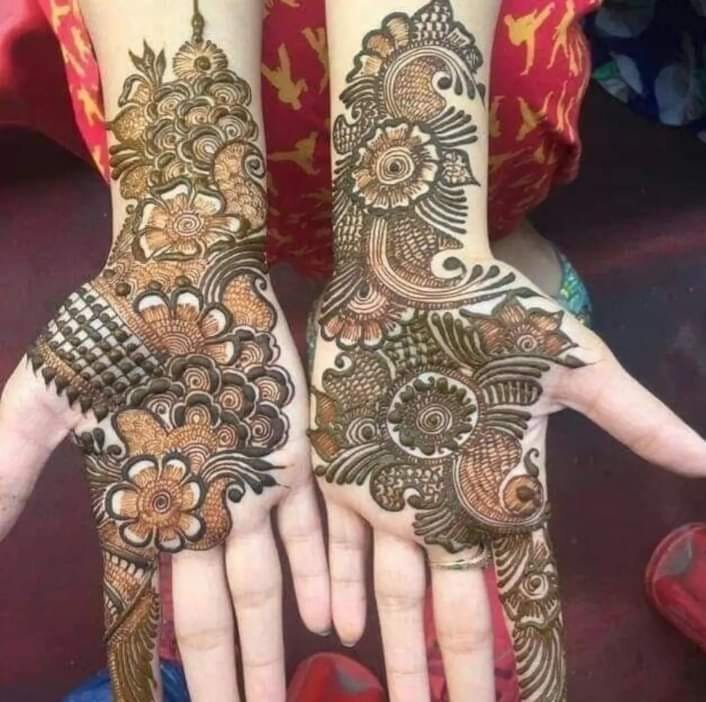Ravi Mehandi & Tattoo
phone:- 097427 99844
Address:-
Inorbit Mall, 75, Road Number 7,, KIADB Export Promotion Industrial Area, Whitefield, Bengaluru, Karnataka 560066
Description :-
Mehndi: Mehndi, also known as henna, is a traditional form of body art originating from ancient India and Pakistan, but now popular worldwide. It involves applying a paste made from finely ground henna leaves onto the skin in intricate designs. Mehndi is typically applied to the hands and feet, especially during weddings and festivals. The paste dries and is left on the skin for several hours before being gently scraped off, leaving behind a reddish-brown stain that lasts for about one to three weeks, depending on the quality of the henna and how well it's cared for. Tattoos: Tattoos, on the other hand, are permanent designs or marks made on the skin by inserting ink into the dermis layer of the skin using needles. Tattoos can be intricate or simple, colorful or monochromatic, and they can depict anything from symbols and patterns to portraits and landscapes. Tattoos are created by professional tattoo artists using specialized equipment and are meant to be permanent, although there are methods for removal such as laser treatments. Both mehndi and tattoos are forms of artistic expression and can hold cultural, spiritual, or personal significance for those who wear them.



